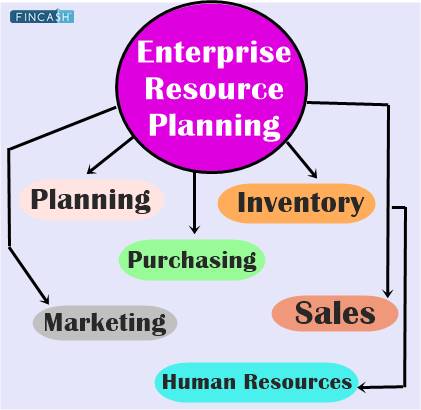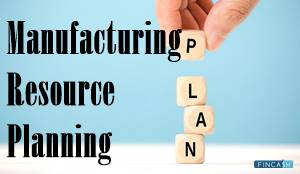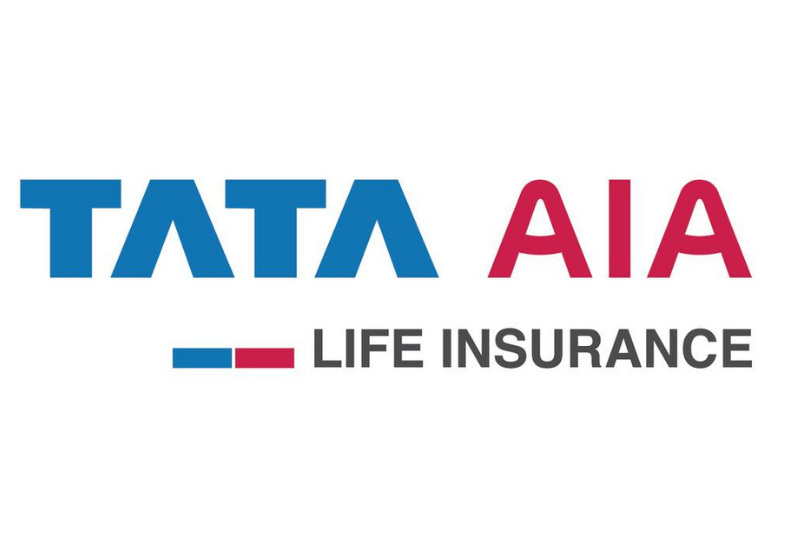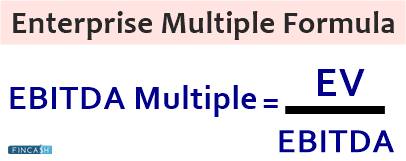What is Enterprise Resource Planning (ERP)?
Enterprise Resource Planning (ERP) refers to an integration & management technique businesses use to integrate and manage several operational aspects. Many ERP software systems are beneficial to companies as they assist them in implementing and planning the resources by unifying all of the operations needed for managing their businesses into a single system.

Planning, inventory, purchasing, marketing, sales, human resources, finance, and other functions can all be integrated with ERP software.
Introduction to Enterprise Resource Planning
An enterprise resource planning system acts as the glue that holds a vast company's several computer systems together. Without any ERP solution, each department's system would be tailored to its own needs. Each department still has its system, but all systems can be accessed through a single application with a single interface with ERP software.
ERP software also makes communication and exchanging information straightforward for different departments with the rest of the organization. It gathers information on the activity and state of various divisions and makes it available to other portions to be used profitably.
By connecting information about manufacturing, finance, distribution, and human resources, ERP solutions can help a company become more self-aware. An ERP solution can minimize costly duplicates and incompatible technology by connecting multiple technologies utilized by different parts of an organization. accounts payable, order-monitoring systems, stock control systems, and customer databases are frequently integrated into one system.
ERP software has progressed over time from traditional software models based on physical client servers to cloud-based software with remote, web-based access.
Talk to our investment specialist
Importance of ERP in Organization?
Enterprise resource planning (ERP) is used by businesses for various objectives, including increasing their business, lowering expenses, and enhancing operations. Although the benefits sought and obtained by one company may differ from those sought and accomplished by another, a few are worth noting.
Integrating and automating corporate operations reduces redundancy, increases accuracy, and boosts output. Departments with interconnected processes can now synchronize their efforts to obtain better results sooner.
Some companies benefit from improved real-time data reporting from a single source system. Accurate and complete reporting enables businesses to plan, budget, forecast, and convey the status of their operations to internal and external stakeholders, such as shareholders.
ERPs enable businesses to instantly access information for clients, vendors, and business partners, resulting in higher customer and employee satisfaction, faster reaction times, and higher accuracy. As a corporation becomes more efficient, associated costs frequently fall.
Departments are better able to interact and share information; a newly synergized workforce can boost productivity and boost employee satisfaction by allowing employees to see how each functional division contributes to the company's mission and vision. Menial, manual duties are also avoided, allowing employees to focus on more important responsibilities.
Enterprise Resource Planning Examples
Cadbury, the world's largest confectionery and producer of the renowned chocolate Cadbury egg, also deployed an ERP system successfully. It used inadequate warehouse management systems and ran thousands of systems that couldn't keep up with its rapid growth. It had previously adopted a disastrous SAP ERP system that resulted in product overproduction.
It created a system that connected thousands of applications, standardized procedures across 16 locations, and reformed warehouse management systems—breaking down silos for seamless, integrated coordination of work, to mention a few.
Many case studies demonstrate the importance of well-executed enterprise resource planning. The system should be tailored to the company's needs and objectives.
Final Words
An ERP system does not necessarily eliminate business inefficiencies. If the corporation does not reconsider its organizational structure, it will wind up with incompatible technology. Because of a company's unwillingness to forsake traditional working procedures incompatible with the software, ERP systems frequently fail to meet the objectives that motivate their implementation.
Some businesses are likewise hesitant to retire old software that has served them well in the past. The objective is to avoid dividing ERP projects into multiple smaller projects, leading to cost overruns.
All efforts have been made to ensure the information provided here is accurate. However, no guarantees are made regarding correctness of data. Please verify with scheme information document before making any investment.
You Might Also Like












